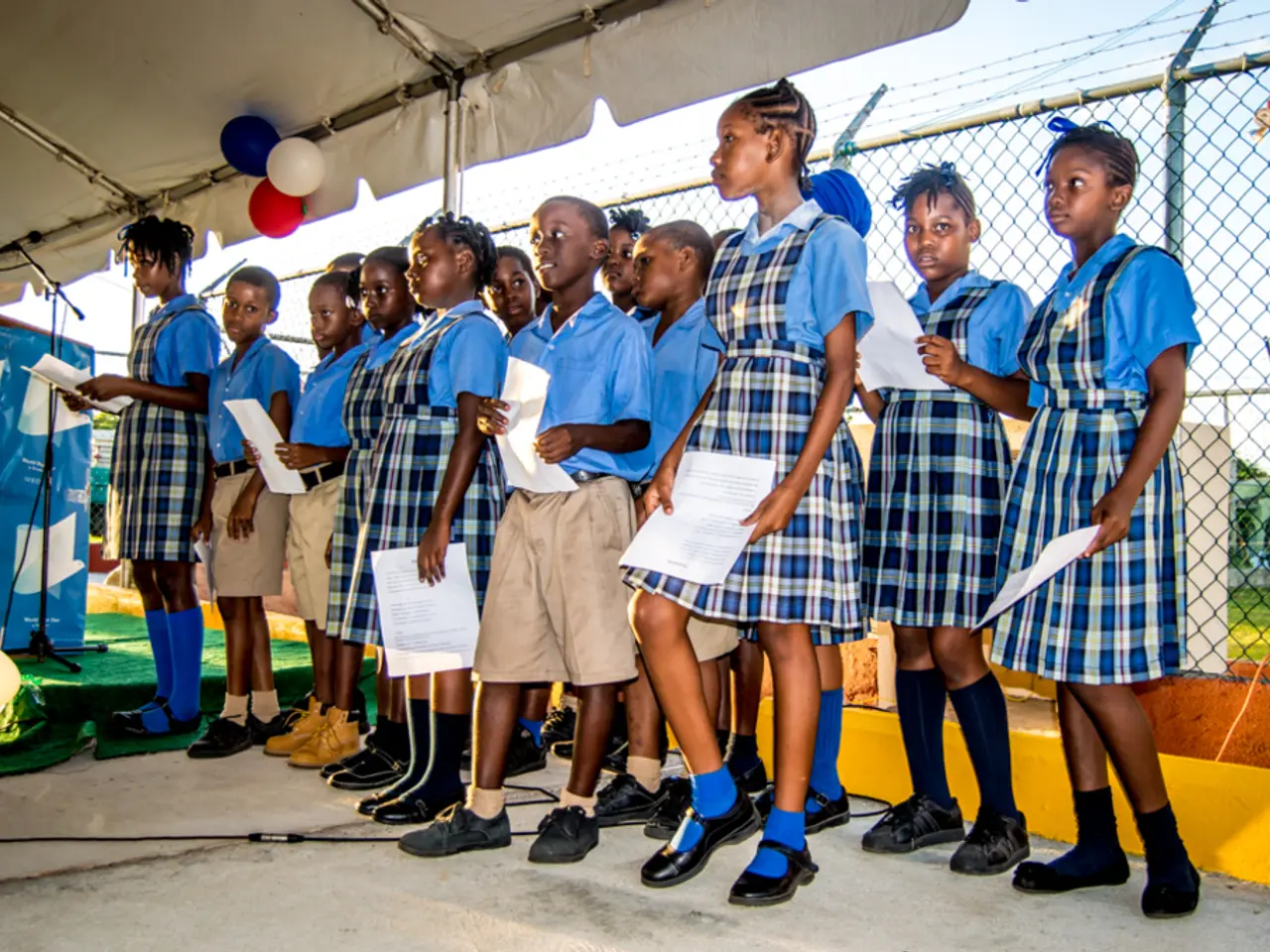Nearly 4.2 Million U.S. Young Adults Disconnected from Work and Education
A significant number of young adults in the U.S., aged 18 to 24, are disconnected from work and education. Known as 'disconnected youth', they are not pursuing employment or further learning. The issue affects nearly 4.2 million young people, with varying factors contributing to the trend.
The disconnection rate is higher among young men, but factors like family status, race/ethnicity, and disability status play a more significant role. Surprisingly, most disconnected youth have at least a high school diploma, with about three-quarters having some college experience. Even those marginally connected, working very part-time or taking only one class, are considered in the study. Despite these figures, disconnection levels have remained relatively stable over the last five to ten years. RAND researchers warn about the immediate and future costs of this issue, estimating that disconnected young people may cost society up to $1 million in lost earnings, tax revenues, and other expenses. They are also more likely to be eligible for various government programs.
Addressing youth disconnection is crucial for both individual well-being and societal progress. Understanding the root causes and providing targeted support can help reduce the number of disconnected young adults and mitigate the associated costs.
Read also:
- Rising state pension ages disproportionately impact a particular demographic, raising questions about the necessity of extending working years.
- Increase in mortality among seniors due to falls
- Inquiries Frequently Encountered
- Greece pursuing building techniques without the use of traditional heating methods







